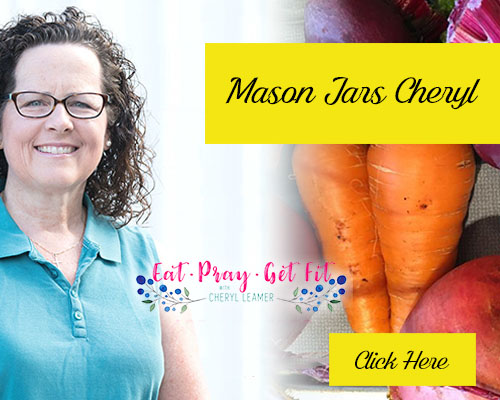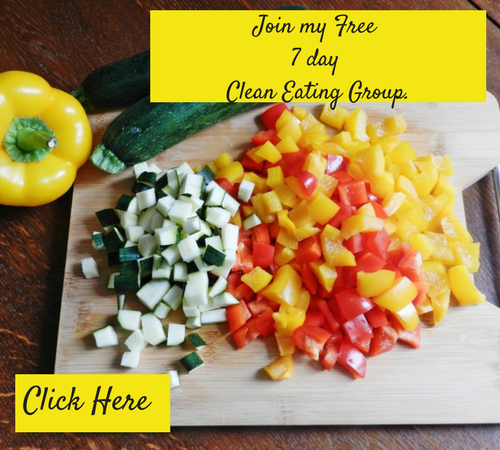Dirt Therapy-What’s in the kitchen?

Before you toss our those egg shells, coffee grounds, Tea bags or that Vinegar that you don’t like. Think again. There are many uses for all these items and they aren’t just for eating. Instead of tossing them into the garbage, use them for composting, feeding or enhancing your garden. Here are a few tips on how you can recycle instead of dispose.
Coffee and Tea (bags and filters included)
Who doesn’t love a good cup of Joe or tea in the morning? No matter how you brew it you will have grounds left over. You can use them in your garden to help in many different ways. Below are listed some of the uses I have found for coffee grounds.
Grow Mushrooms
Why buy store bought when you can grow your own mushrooms? All you need is a bucket, a lot of coffee grounds, and Oyster mushroom spores. Check it out here: http://www.fungi.com/ We love the Fungi Perfecti guy and have used his spores in our gardens. However, It does take a lot of grounds to grow them; one good source is to ask for leftovers at a coffee shop. Starbucks often gives them away or even your local barista might be more than happy to supply you with them.
Grow Blue Hydrangeas
Add grounds or tea bags to the soil and it will help your hydrangeas grow a vibrant blue. This is because coffee grounds add acidity; this helps the plant absorb aluminum, which makes the flower blue. Blueberries also love coffee grounds and an acidic soil.
Keep Pests Out of Your Garden
How often have you had to shoo your cat or dog out of your garden? Well, they don’t like the smell of coffee or tea, especially cats, so sprinkle some coffee grounds around where you don’t want your pets. Slugs also, will not crawl over dry coffee grounds so use it around your delicate plants as a barrier.
Speed Up Compost
When making your compost, don’t forget to add coffee grounds or tea bags. Some people actually use the grounds in compost piles in place of manure. Especially with high-carbon items like leaves and straw, it actually speeds up the composting process. Coffee and tea is a good source of nitrogen for compost and the pH of grounds is pretty close to neutral.
How to layer coffee grounds in compost: 1/3 leaves, 1/3 fresh grass clippings and 1/3 coffee grounds. That easy! For more information on check out this file from Oregon State University: Coffee Grounds and Composting.
Repel bugs And Mosquitoes
While you’re outside enjoying the summer evening, set out bowls of coffee grounds to keep bugs away. You can even sprinkle the grounds around your patio areas to keep mosquitoes away. Tea bags will also keep bugs from chewing on your delicate leaves of young plants.
Feed The Worms
Worms love coffee grounds and loose tea! Scientists think it is because they need something gritty in them in order to help with digestion. Either way, it’s a good gardening tip. Whether you already have worms or want to attract more of them, get out the coffee grounds and feed the worms. I will go over more details in another episode on worm bins and how much fun they are for the kids.
Fortify Plants
Using compost made from coffee is great for your garden. It contains nitrogen and all plants need this important nutrient, especially lettuce, spinach, broccoli, cauliflower, kale, and brussels sprouts. Tea bags can help with water retention so plant them near your plants to help retain water.
Plant Carrot Seeds
Carrot seeds are so small they can easily be washed out with rain and clump together. As the carrots grow, this can cause overcrowding and crooked roots. An easy fix is to mix the seeds with dried coffee grounds, sand or fine vermiculite. The seed to coffee grounds mixture should be in equal ratios.
Egg Shells
I don’t know about you but we consume a lot of eggs. I know that i have eggs every morning for breakfast. As a gardener, I know that egg shells are a great source of calcium for my plants. Here are four ways and/or reasons to use eggshells in your garden.
Help your compost If you find that your compost is low on calcium, add those eggshells. They are a great fertilizer. You do not have to sterilize or grind them up because they will decompose in a short time. You can even put the shells directly into the bottom of your planting holes in spring.
Deter pests. Eggshells are also great to get rid of some pests. If you begin to get snails or slugs in your garden then you can semi crush the eggshells up and sprinkle them around the plants where the pests tend to be. The sharpness of the eggshells will be irritable to the snails and slugs, and they will quickly disappear.
Fortify the soil. Because egg shells are biodegradable when placed in soil it makes them fun little plant starters. After cracking them carefully in half, you can clean them out with boiling water and then make a tine hole in the bottom and now you have a little pot that you can place right into the ground when the seed that you planted is the right size to go outside. This will also provide those plants with extra nutrients.
Help the Birds. I love to help the birds out too. Did you know that before and after a mother bird lays her eggs, she needs a good source of calcium. So, you can bake the eggshells at about 250’F for about ten minutes. Make sure they do not get brown on the inside. Then, you can crumble the seeds and put them outside, maybe in some bird feed, and know that you are really helping the health of a mother bird.
Vinegar
Keep Fruit Flies Away Protect your fruits and fruit trees by making a fruit fly deterrent or rather attractant that they get stuck in. To make: use 1 cup of water, 1/2 cup of apple cider vinegar, 1/4 cup of sugar and 1 tbsp of molasses. Mix it all together. Using empty and clean tin cans, make a wire or sturdy string hanger and hang in your fruit trees. This will attract the flies and they will get stuck. A similar concoction can be made to trap fruit flies in the house too!
Help Acid Loving Plants By using vinegar in the water, you can increase the iron in the soil, which acid loving plants like! To do this for hard water areas, add 1 cup of vinegar to 1 gallon of tap water for watering your acid loving plants.
Keep Ants Away Spray your ant infested areas and ant hills with undiluted vinegar and this will solve your ant problem! You may need to reapply a few times for a few days.
Deter Rabbits, Racoons and Cats These animals hate the smell of vinegar and it will keep them out of your garden naturally and safely. It is best to soak something in full strength vinegar for an hour or so and then place around your garden. Corn cobs, cotton balls, rags, etc.
Rust Eliminator If you have any rusty garden tools, yard tools or yard pieces, you can remove the rust by either soaking or spraying undiluted vinegar and rinse/wipe clean. Easily clean your garden tools naturally with a bucket of vinegar and water. Just pour a few ounces of vinegar in a gallon of water and soak and rinse your tools before putting away or storing! You can also mix 3 ounces of vinegar in 32 oz bottle and spray it on to clean! This will also naturally kill fungus that may develop on your tools from the soil.
Kill Mold in Containers It is important to start with clean pots or seedling starter containers so that you can reduce your chances of mold or fungus on your plants. Vinegar and water together can act as a natural mold killer in your containers before replanting.
Reduce Brown Spots in Your Yard This one sounds weird and it will only work if you have a dog. Every time you fill your dog’s water bowl, add a tablespoon of vinegar to the bowl. I only use Braggs apple cider vinegar. It is harmless for the dog, but as your dog pees in your yard, it will cure the brown spots….. now if only you can train them to pee in the right places! ?
Kill Grass and Weeds in Unwanted Areas Spraying or pouring straight vinegar on your weeds or grass that has overgrown onto driveways or cement will kill them and stop them from growing for a time. Also, adding salt to the mixture may be a little more effective in this process. You also may need to do this a few times, but it is safer and a natural alternative.
Keep Your Garden Flowers Longer If you want to enjoy fruits of your labors indoors with your cut flowers, you can make them last a little longer by making your own feed for your flowers. Just add 2 tablespoons vinegar and 2 tablespoons sugar in a 1-quart vase of water to your flowers. Trim the stems of the flowers and change this solution about every 5 days or as needed.
Potted Plant Fertilizer Fertilizer your potted plants and purify the water by adding 2 tablespoons of apple cider vinegar to 1 gallon of water before you water your potted plants. Give your plants extra nutrients with a solution of vinegar, sugar and water. First, mix 1 tablespoon of vinegar and 1 tablespoon of sugar for every 8 ounces of water. Then feed your plants as needed!
Kill Slugs Just use undiluted vinegar sprayed directly on to kill slugs and snails that eat your lettuce and veggies.
Plant Fungicide You can take a mixture of 2 tablespoons of vinegar and brewed chamomile tea to spray on your plants outdoors to kill fungus and mold that may have grown.
Pecking Chickens If you have backyard chickens, they can get to a point where they start pecking at each other. You can help solve this problem naturally! How? Just add a tablespoon of cider vinegar to their drinking water and they will stop pecking at each other! It is a safe and natural solution!




